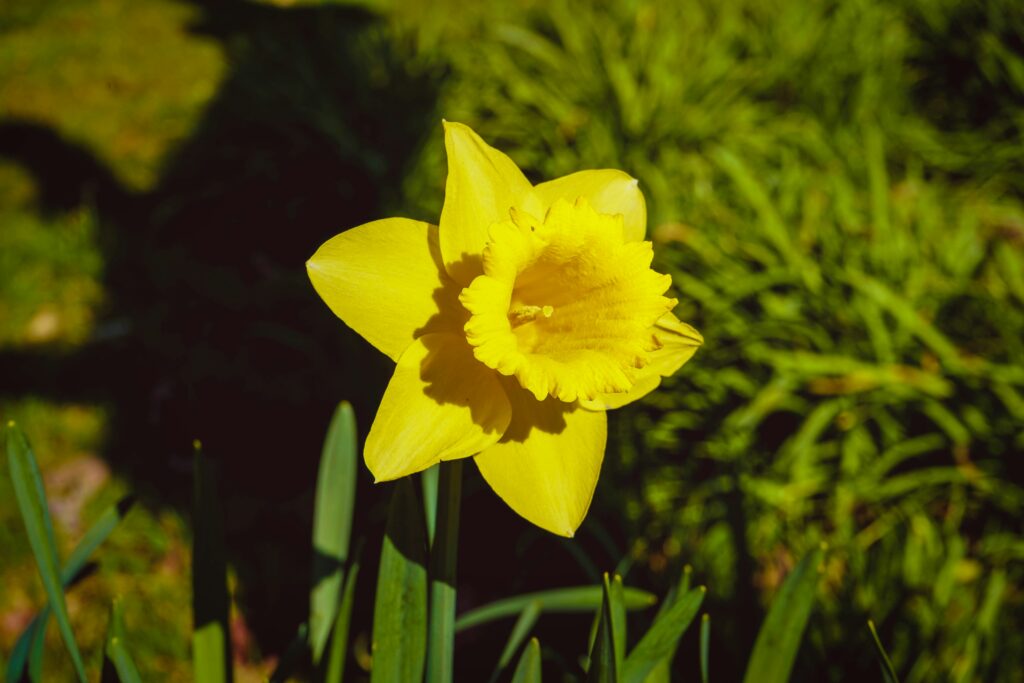Theo Davies-Lewis argues that the curriculum should put more emphasis on understanding our heritage.
Archaeologist Steven Mithen wrote in his book, The Prehistory of the Mind, that “we can only understand the present by knowing the past”. The statement applies to every country and continent on the planet, and forms the basis of modern culture. However, Welsh secondary, further and higher education institutes do not capitalise on Wales’ own archaeological and anthropological history, and segregate the course from their syllabuses. As an academic subject, archaeology and anthropology is considered inaccessible to ones who are not familiar with it; but that is only because there are hardly any options in Welsh education to access it.
Firstly, Wales is definitely not in short supply of anthropological studies of culture; past and present. All we need to look at is the world-renowned celebration of Welsh culture in the National Eisteddfod, our Welsh language – the oldest language in the whole continent, and our sacred tradition with Rugby Union. In spite of the fact that young people speak Welsh, visit and compete in the Eisteddfod and do interact with our sporting traditions; these need to be understood even more in educational institutes, otherwise their existence is without meaning. Their history, their purpose and why they are significant to us in Wales – this is what young people need to be taught. Through this, young people can connect with what events and occasions they hold dear to their hearts.
Some may argue that archaeology and anthropology is too academic for secondary school children or sixth-formers, but they do not need to sit exams on the subject; but to experience it. I’ve had the privilege of volunteering at Wales’ finest Georgian House, Llanelly House, in my hometown. Due to the experience I’ve had there, I now understand various aspects of the history of where I live, something that not many youngsters are able to say. More schools need to visit these locations. Castles, museums and heritage sites – Wales is a country full of historial sites waiting to be taken advantage of by young people to understand the present country they live in.
So, are we in a situation where we are losing touch with our values and heritage? I’d argue that we should have no huge degree of concern but, we should be worried of our complacency to act. Only through education can we nurture the next generation academically, culturally and socially. Therefore, our leading institutes need to offer courses like archaeology and anthropology. Wales’ leading university, Cardiff University, does offer Archaeology as an undergraduate degree, but not Archaeology and Anthropology as a joint honours like its Russell Group companions University College London, Bristol University and Oxford University. With such cultural and social history, universities have a duty to offer this course to allow young people to explore their past in Wales and abroad.
Possible ways of including Archaeology and Anthropology on the school curriculum can be through PSHE sessions in schools, if a truly academic format is not the most desirable. History or Welsh as academic subjects are not enough to cover the true breadth and depth of anthropological and archaeological history in Wales. After all, what is in the past does apply to our present – so any argument that the subject is meaningless and is only for academics do not stand up. Many heritage organisations, such as the Welsh Government’s CADW and many Archaeological trusts are available to the public. On the other hand, it should be the duty of the government to connect these organisations with young people and allow them safe and easy access to sites and studies.
The benefits of archaeology and anthropology to our young people are limitless. What we could see are young people culturally aware and socially able to understand why their village, town or city is the way it is now. As well as this, it secures the longevity of social, cultural and historic traditions which we hold so dear; such as our Welsh language, whose speakers worryingly fell from 582,000 in 2001 to 562,000 in the 2011 census. It is also does allow us to create people who can become academic in the subject –providing us with research and intuitive knowledge about our behaviour past and present. Overall, archaeology and anthropology provides my generation with an opportunity; an opportunity by using our past to shape not only our present – but our future.





Comments are closed.